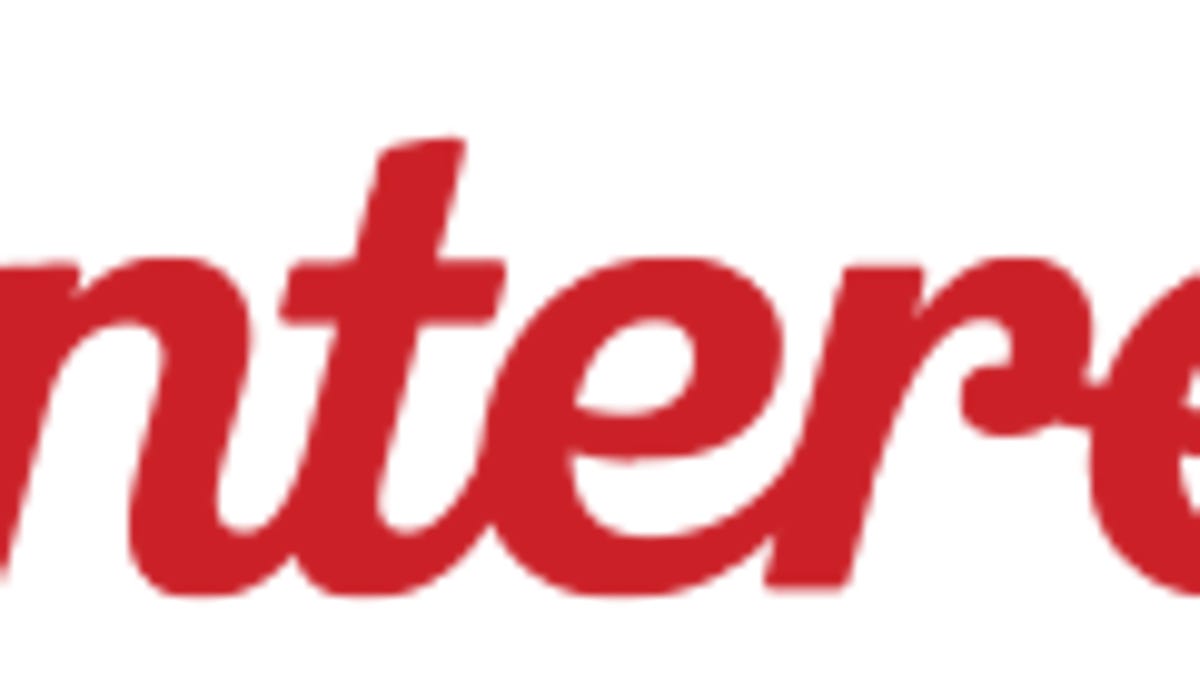Is Pinterest the 'next big thing' in social media?
Some say so. The site saw its traffic grow by 4,000 percent in just six months and is now the 10th-largest social networking Web site.

I'm always cautious when I hear that a particular service is the "next big thing" in social media.
The industry is littered with the remains of services that seemed to have potential, only to fall short before long. But a well-known serial entrepreneur is willing to wager that Pinterest might just succeed where so many others have failed.
In a blog post yesterday, Elad Gil took a deep look at how Pinterest's so-called "social curation" fits into a trend that has developed across the social landscape. He points out that around the turn of the century, long-form content via blogs was all the rage, but over time, short-form content has taken hold with services like Facebook, Twitter, and Tumblr. This year and beyond, however, Gil thinks "push button and curation" will reign supreme.
Pinterest, of course, sits at the crossroads of that. The service, which is currently invite-only even though it launched in 2010, lets users take content they care about from around the Web and organize them into "boards." The company cites examples of people using boards to sort content for their wedding or a recipe book. Think of it as scrapbooking on the Web.
Pinterest isn't necessarily unique. There are currently several sites across the Web that offer a similar service, including Snip.It and Quora, which launched its "boards" last month.
However, Pinterest so far has been the only company to distinguish itself. Late last month, Experian Hitwise, a company that monitors consumer behavior on the Web, reported that Pinterest had 11 million visits during the week ended December 17, jumping 4,000 percent compared with six months earlier. The massive bump catapulted Pinterest to the 10th spot in Experian's listing of the most popular social networks, just behind Yelp.
Experian also discovered that Pinterest has found a loyal following in women. In the past three months, women have accounted for 58 percent of its userbase, and nearly 60 percent of those women are between the ages of 25 and 44.
Opinions are mixed over why Pinterest has been able to attract such a large audience. Is it the service's solid design? Is it the attention it has received from media outlets shocked by its growth? Is it, perhaps, the fact that it recently raised $26 million from venture-capital firm Andreessen Horowitz, giving it bundles of cash to play with? It could be all that. But Gil thinks it might also have something to do with its ease-of-use.
"Pinterest was one of the first sites to take push button content generation (via bookmarklets and 're-pinning') and structure it into sets of curated content called 'boards,'" he wrote on his blog. "This allowed users to collect content from across the Web, as well as from other users on the site.
"In some sense it took what a site like Tumblr had been doing but transformed blog-like streams into structured, curated collections users could share," he continued. "Importantly, it was easy for new users to consume these sets of content visually as structured sets, and to share these sets with others."
It's hard to argue with the logic. But Pinterest has yet to offer its service publicly. And once it finally moves beyond its invite-only phase, the company will be truly tested. Can it save itself from buckling under the increased pressure placed on it by the deluge of users that might come in? And perhaps more importantly, will the mainstream Web user who typically joins the social game after early adopters pick up their invites, find value in it?
Chances are, we'll get the answers to those questions later this year.
Pinterest did not immediately respond to CNET's request for comment.

